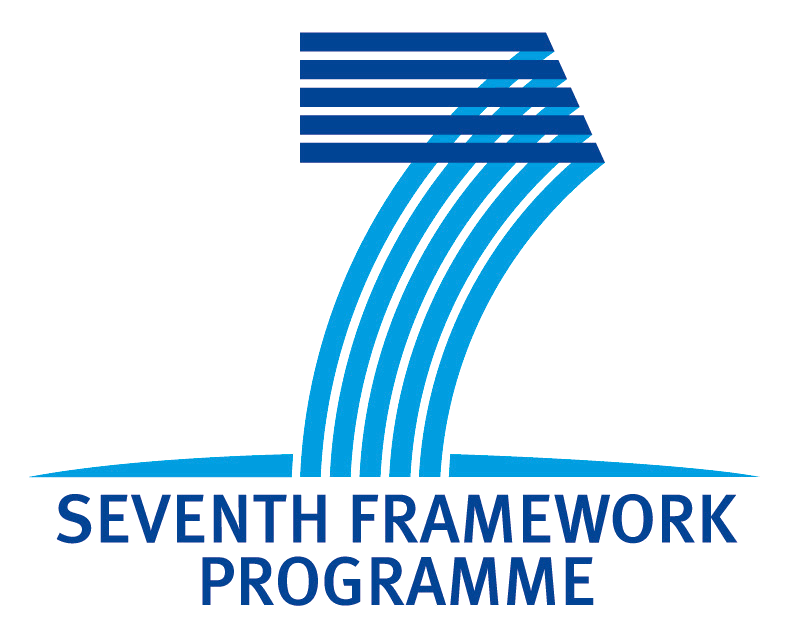Interactive knowledge-based systems
Use of resources
-
Node Budgeted Period 1 Period 2 (est) Period 3 (est) UGOT 4 X X UHEL UPC Ontotext BI 20 X X UZH
Objectives
The work package will develop a production grade explanation service in Be Informed’s product suite that generates natural language explanations that are acceptable to broad audiences and across languages. Additionally, it will demonstrate that the MOLTO Tools are usable and effective to non-linguistic professionals for the “day-to-day” tasks of writing explanation grammars.
Description of work
Be Informed's model driven services, in areas such as decision making and case management, must be offered in many languages. The automatically generated explanations of models and decisions based on them must likewise be available in many languages and must be of high quality. The domains of application and the targeted languages are still to be specified. This work package can be divided in three stages:
I. Adoption phase: Be Informed acquires knowledge of the Grammatical Framework (GF) used in MOLTO, and migrates its current explanation prototype to GF given its current functionality. At the same time, the requirements (D12.1) are drawn up, capturing both the requirements that the explanation service must meet and the challenges encountered in developing the prototype.
II. Implementation phase. The actual explanation service is developed:
First activity is translating the requirements into a Functional Design that targets GF’s capabilities. Some requirements will translate into GF’s capabilities trivially, while others may require research, jointly by BI and UGOT. Based on this design, an explanation engine is developed by BI. The developed tooling integrates GF with the different subsystems that offer explanations to its users, allows Studio users to develop explanation grammars and fits well in the current OSGi based software architecture.
A major activity of this phase is the development of default grammars to be shipped with the explanation engine. We will develop grammars, in multiple languages (probably EN, NL, SV, FR, ES), for explaining:
- the four default knowledge domains in BI's product suite: case management, decisions, registrations and interaction;
- all three modalities (model, template, trace), namely from the model to the behavior of resulting services as individual cases (ie. A model of what requirements a permit application must meet, the process that is inferred by it a case management service and the trace of how an individual application was treated and why that specific applicant did or did not apply for the permit.) Note that there may of course be no impediments for translating the developed grammars into other MOLTO supported languages at a later stage.
III. Final phase: the explanation service and the developed grammars will be subject to usability studies. The multilingual explanations with be evaluated by users and clients of BI against key requirements from D12.1 and findings will we reported in D12.2.
What links here
No backlinks found.


